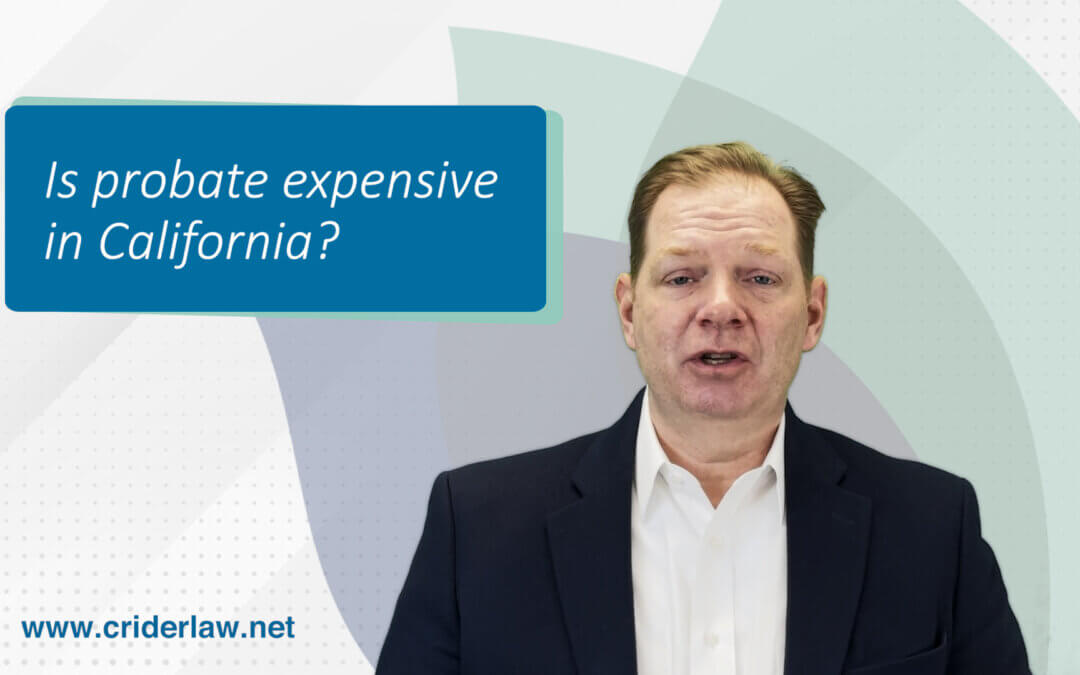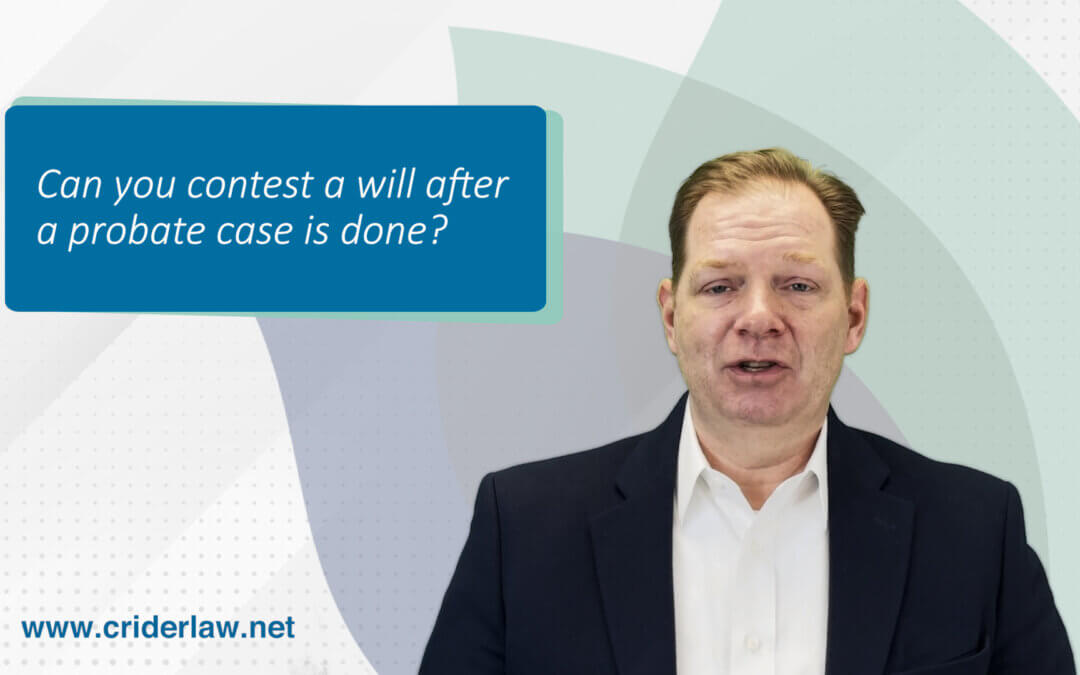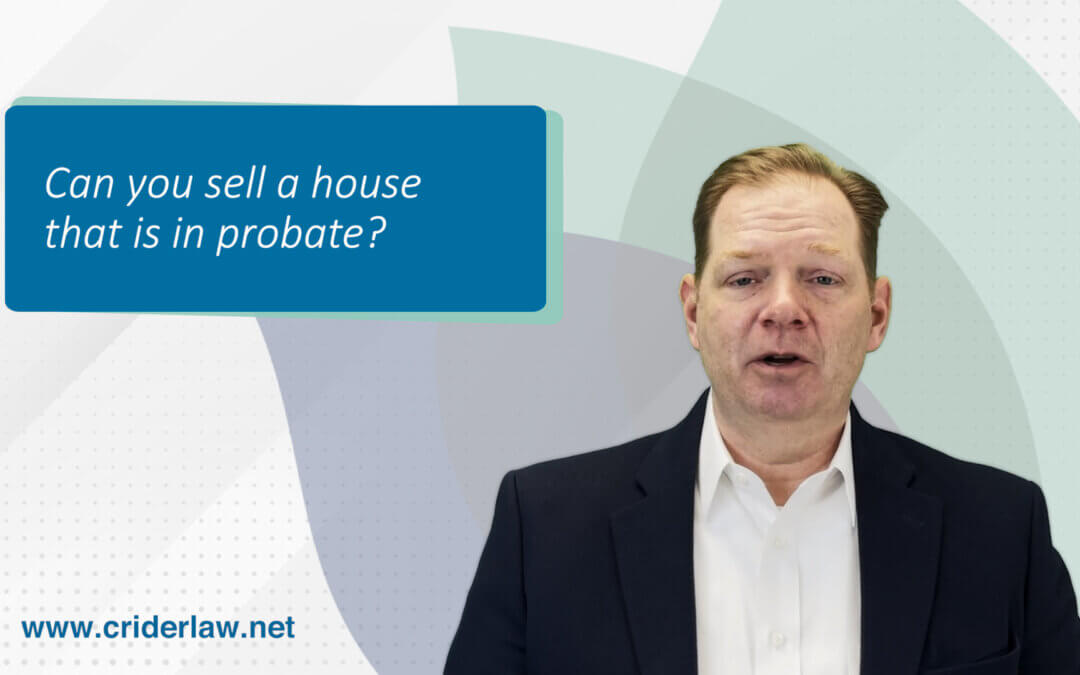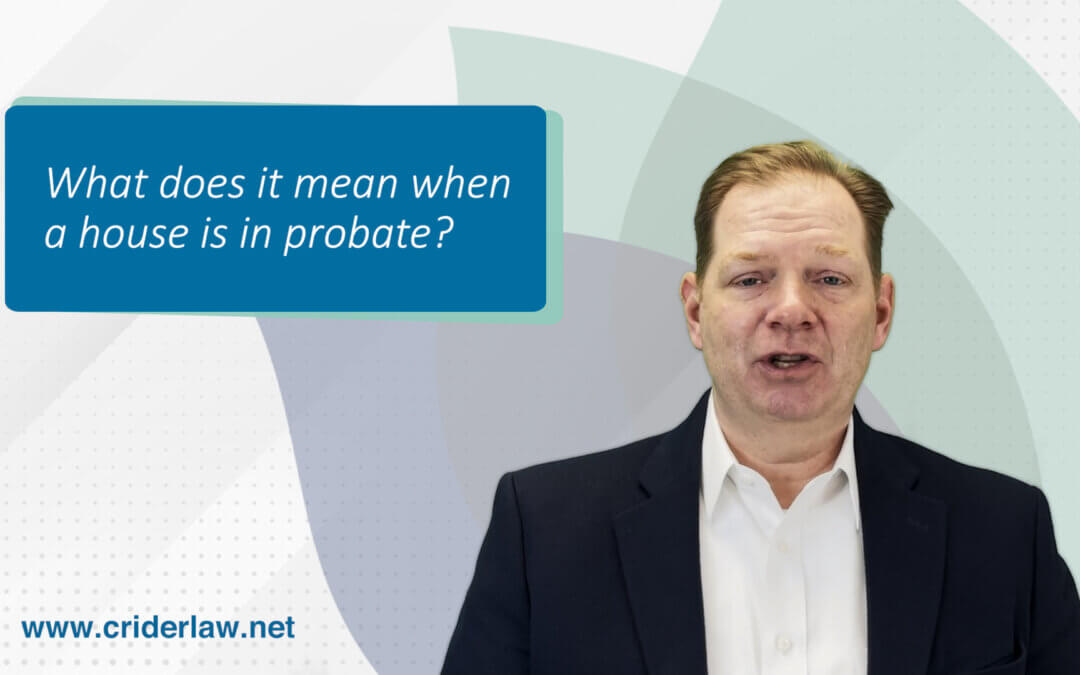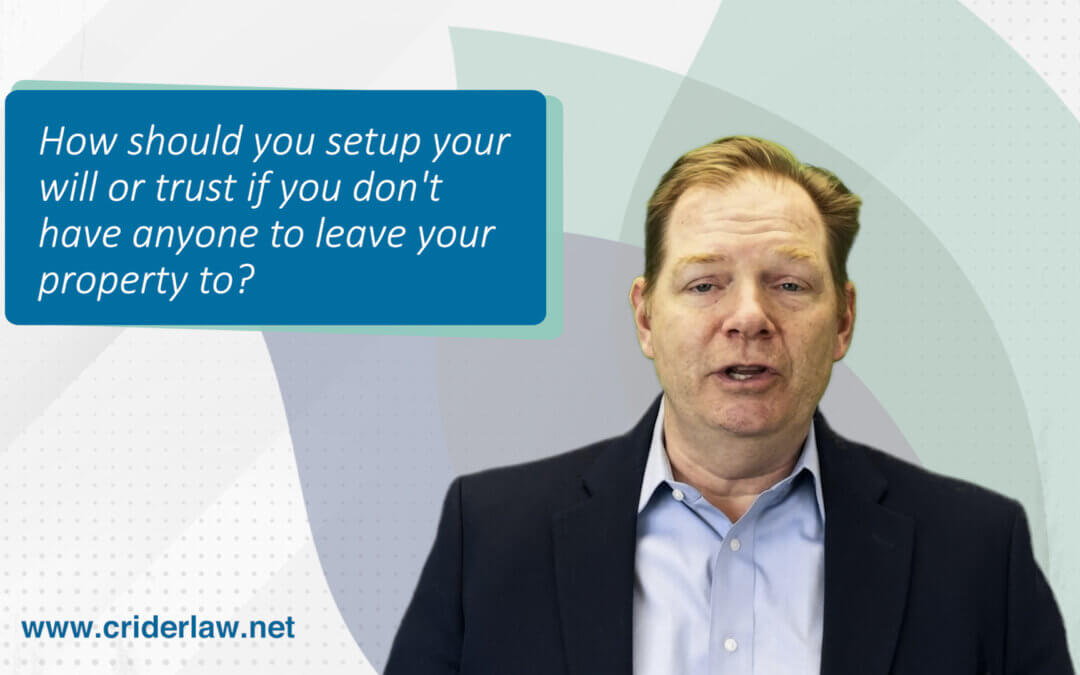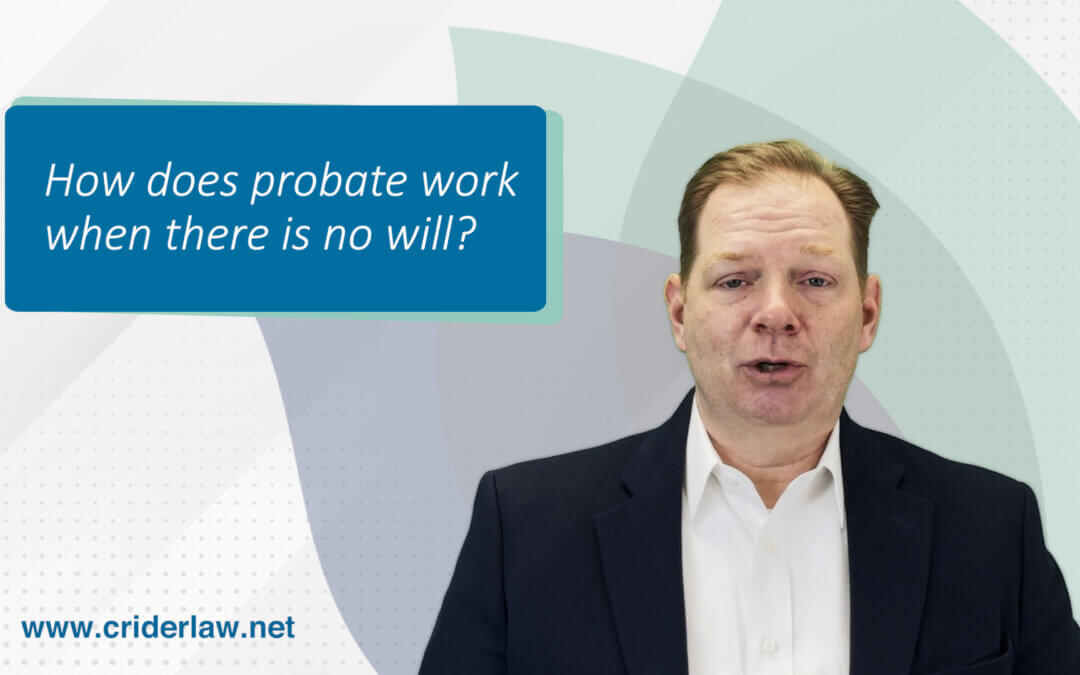
How does probate work if there is no will?
Now, probate if there is a will and probate if there is not a will are very similar to each other. It starts when someone files a petition with the court.
If a will exists, they have to attach a copy of the will and ask the court to admit the will into probate. If there is no will, then that person is said to have died intestate, which means dying without a will. When that happens, the property is ultimately distributed by the court to the people who are listed in the probate code. That is usually a surviving spouse, if there is one, surviving kids.
If there are no surviving spouse or surviving children, then it generally goes up the family tree to the parents and then out the branches to the siblings. So if there is no will, probate works very similar in California to the situation if there was a will.
It involves a court process with the court having oversight to make sure that property gets distributed to the correct people.
Quick Question Corner is a video segment where we answer common questions about estate planning and elder law. If you have similar questions, leave them in the comment section and we can feature them in one of our videos in the future.

